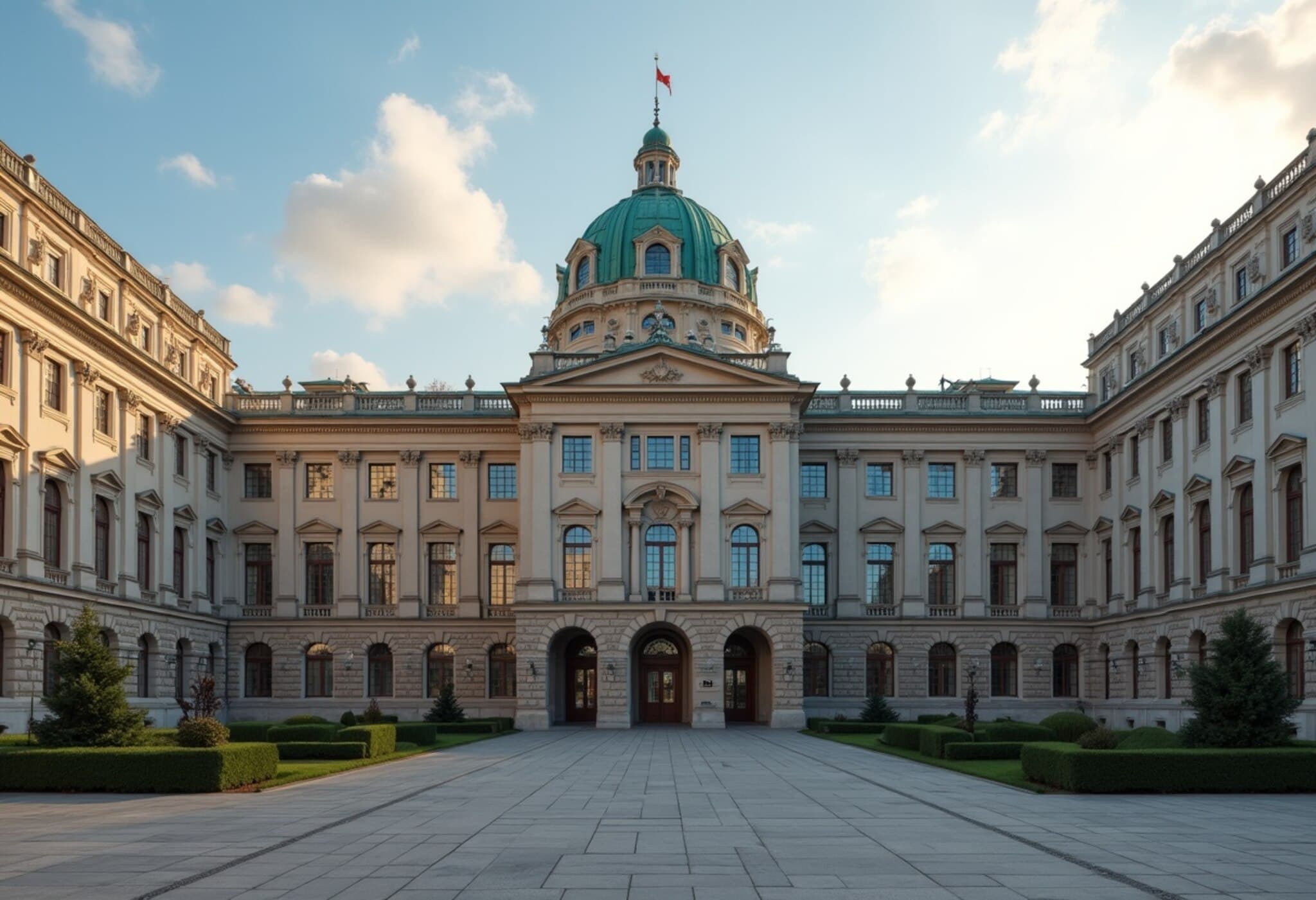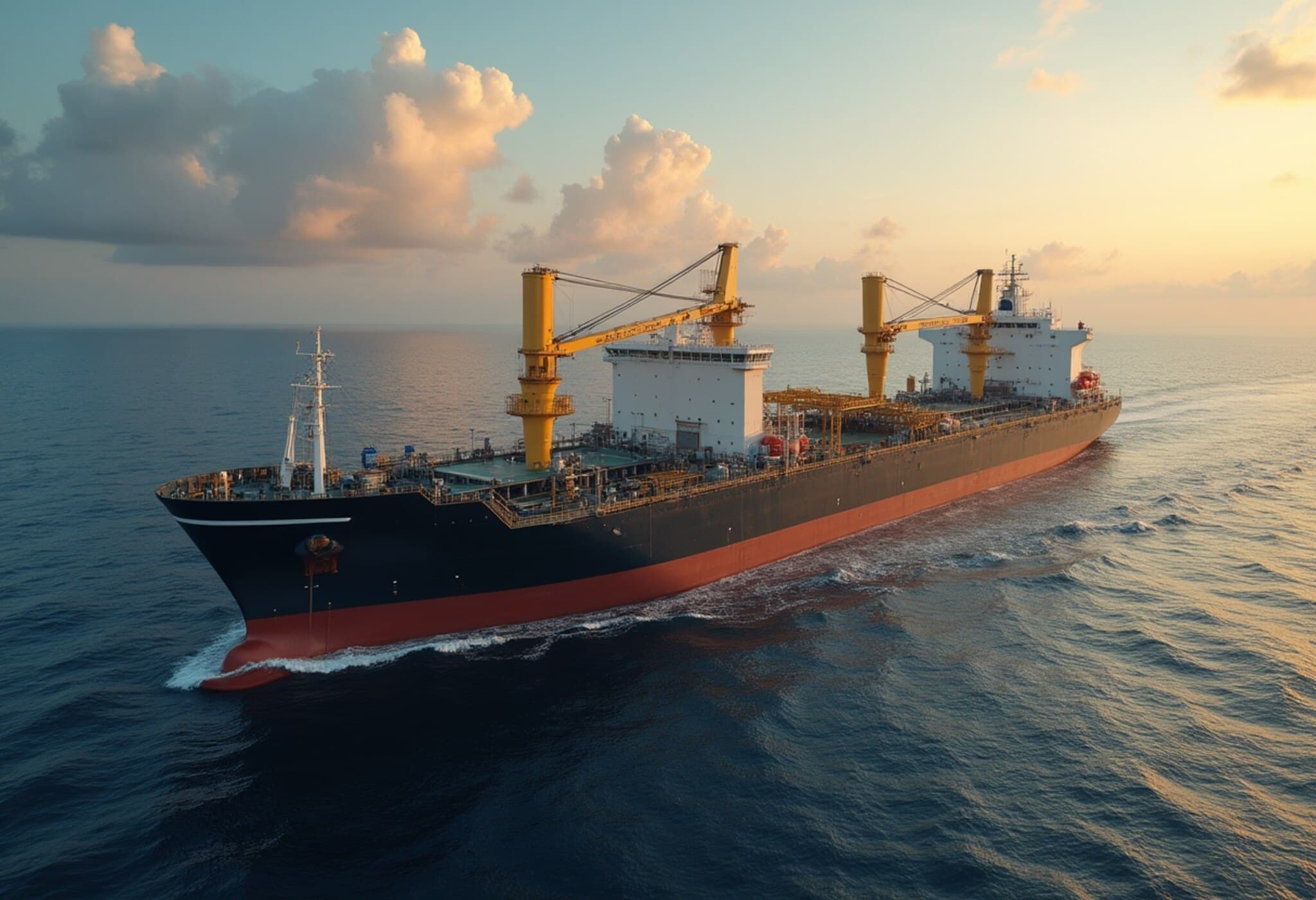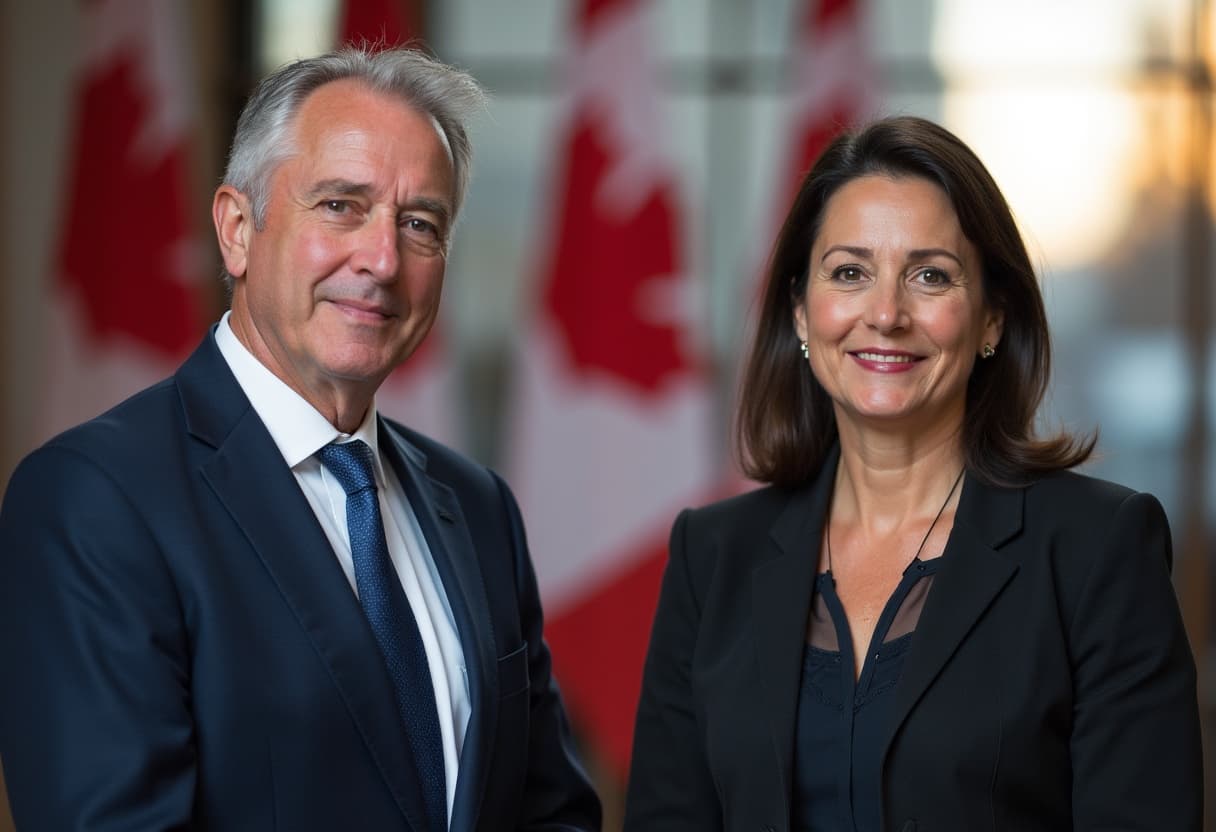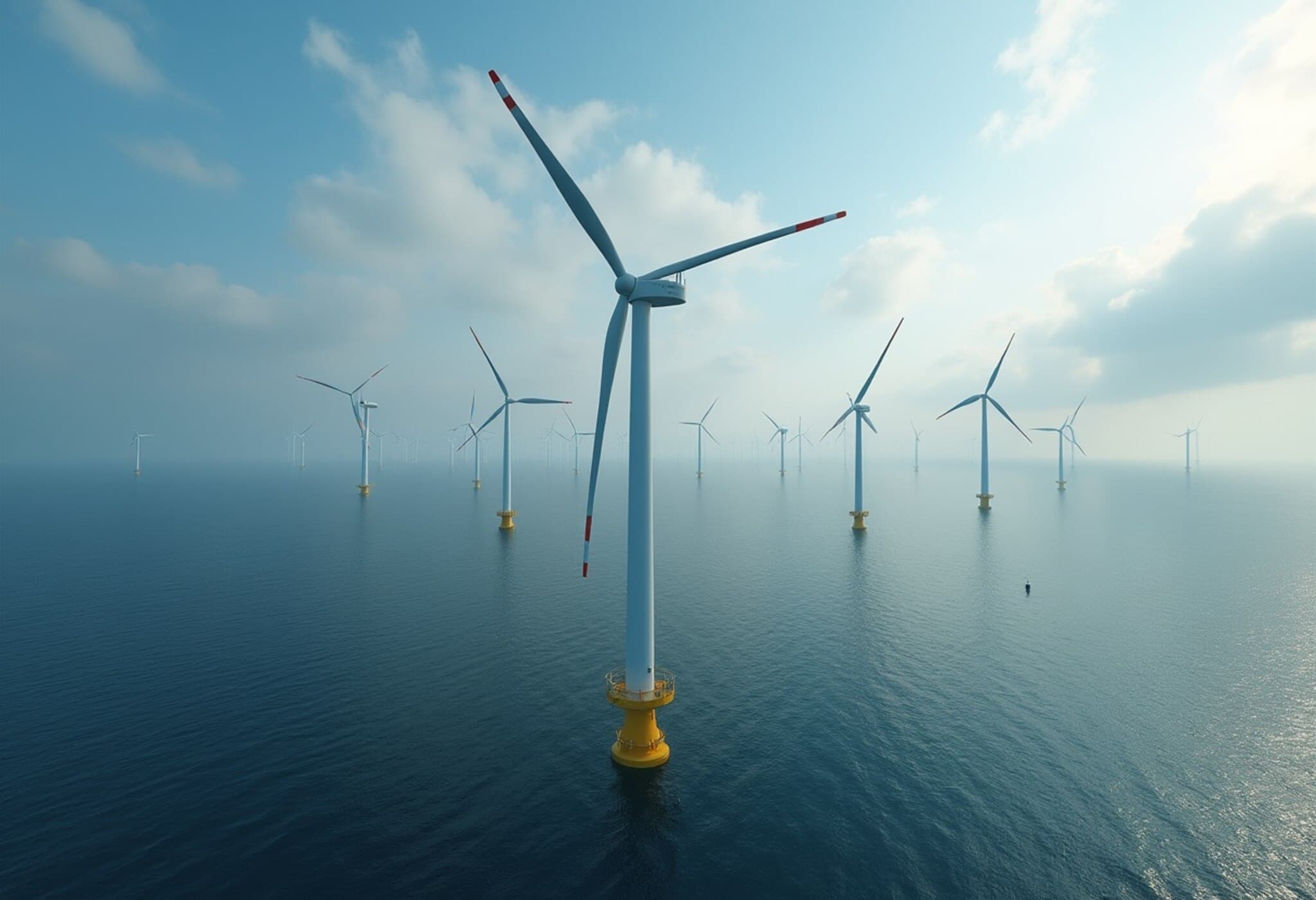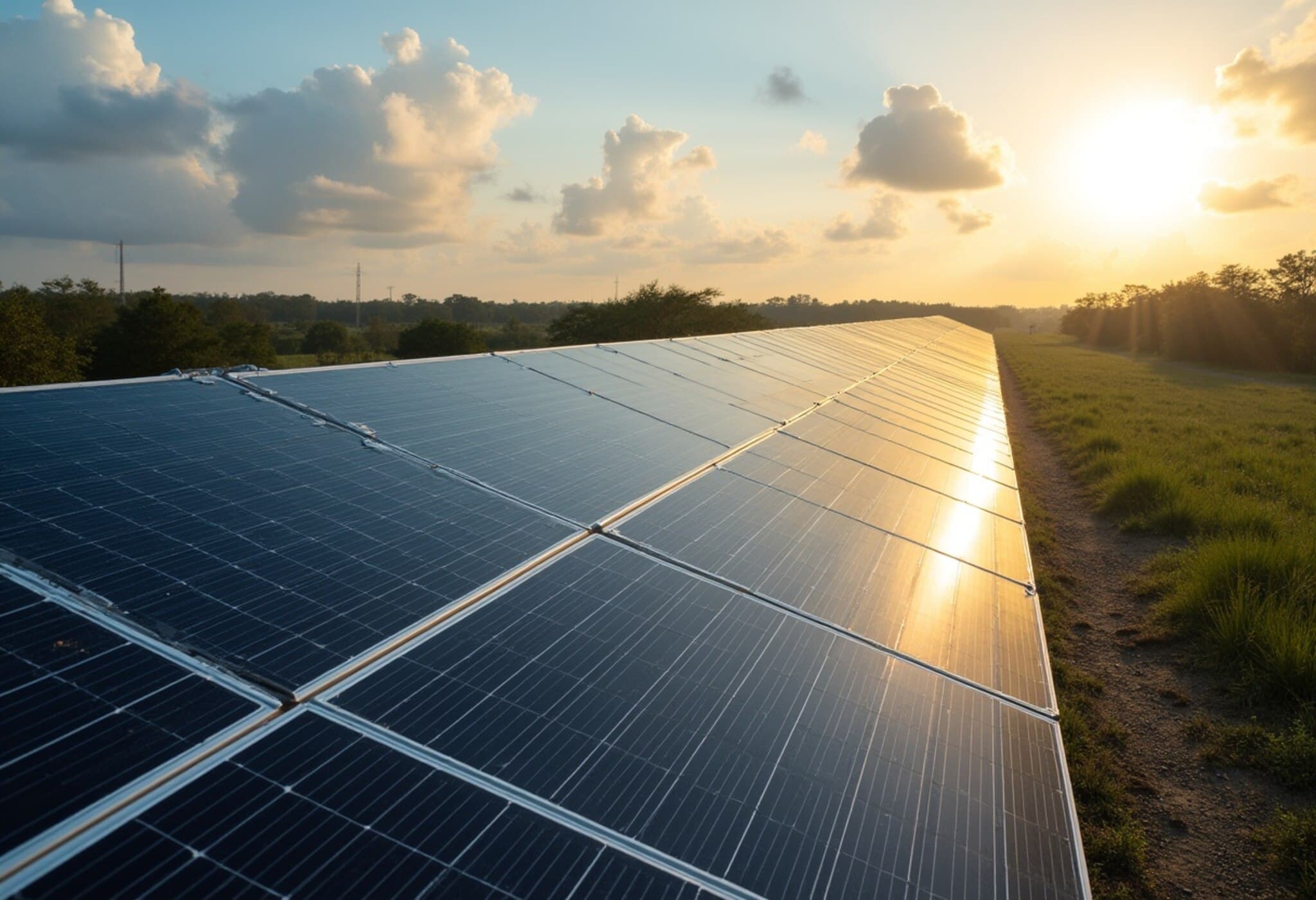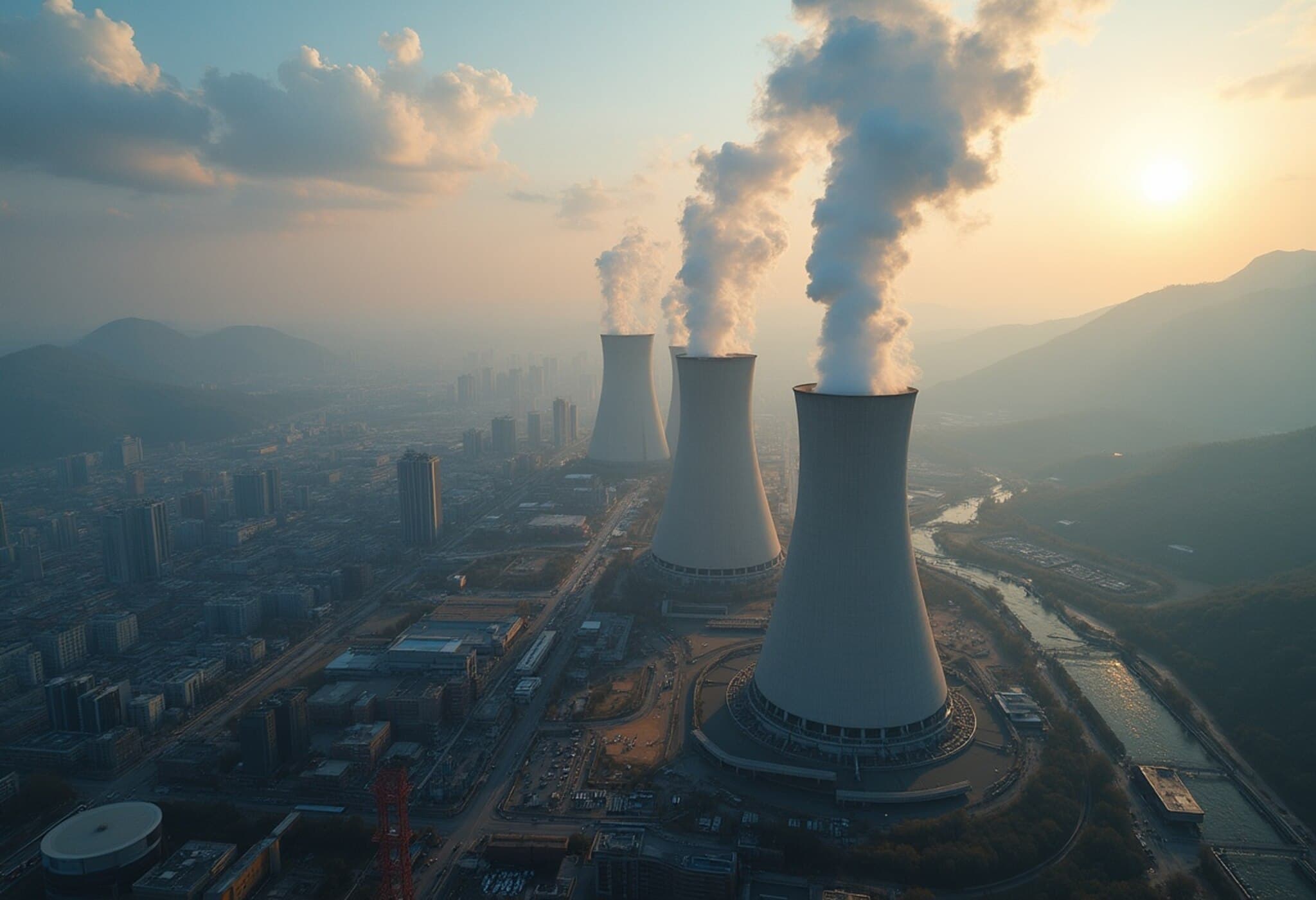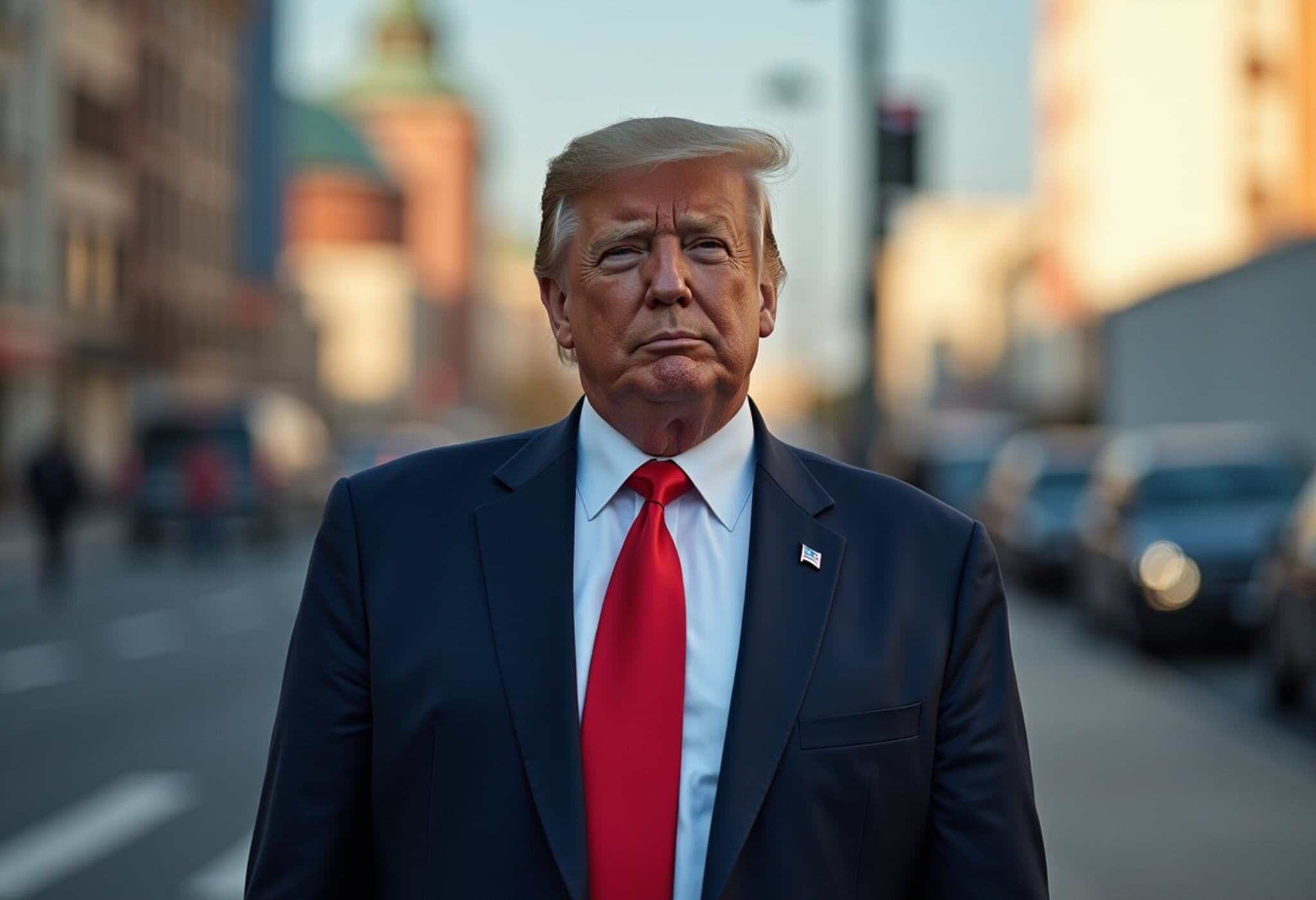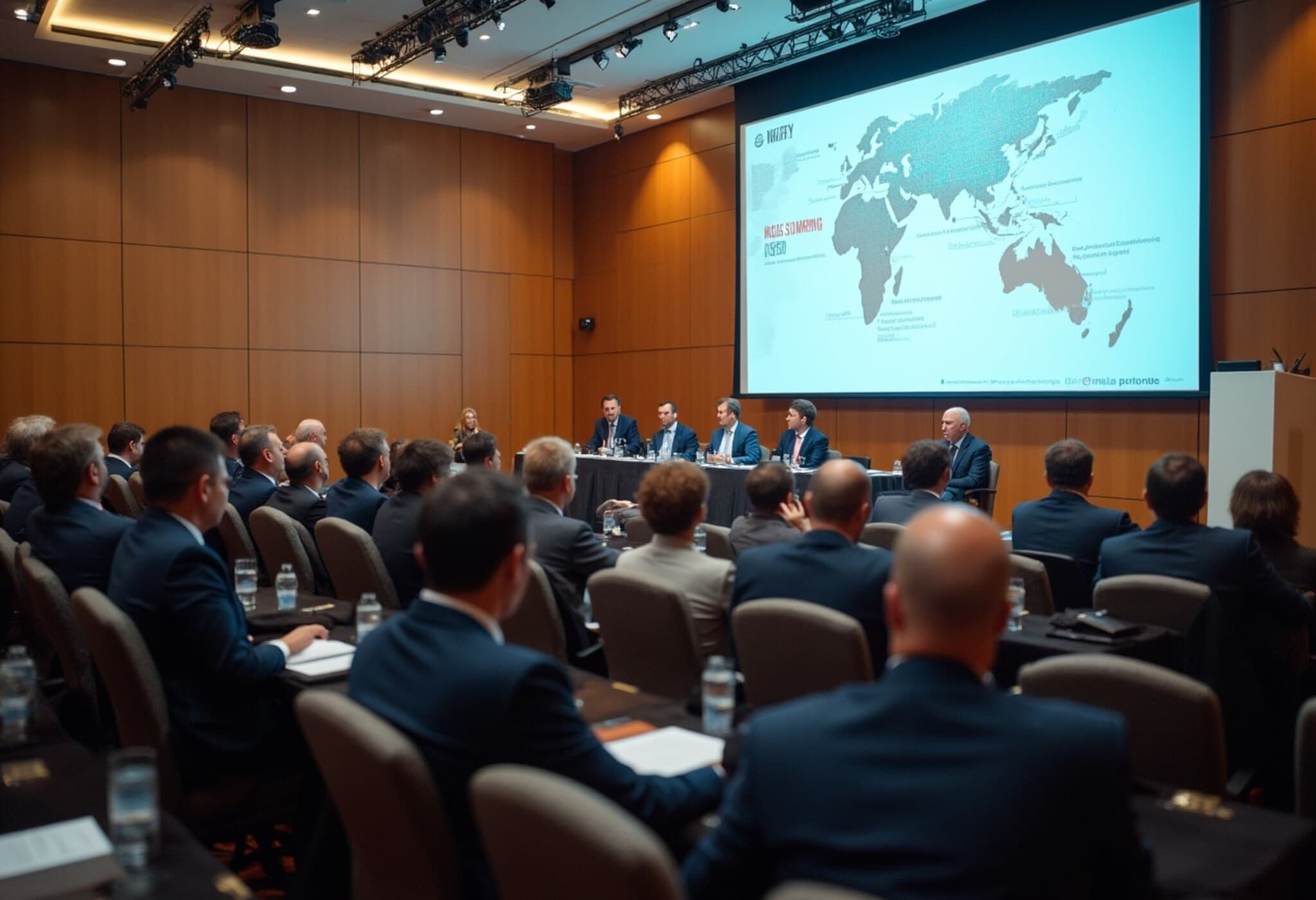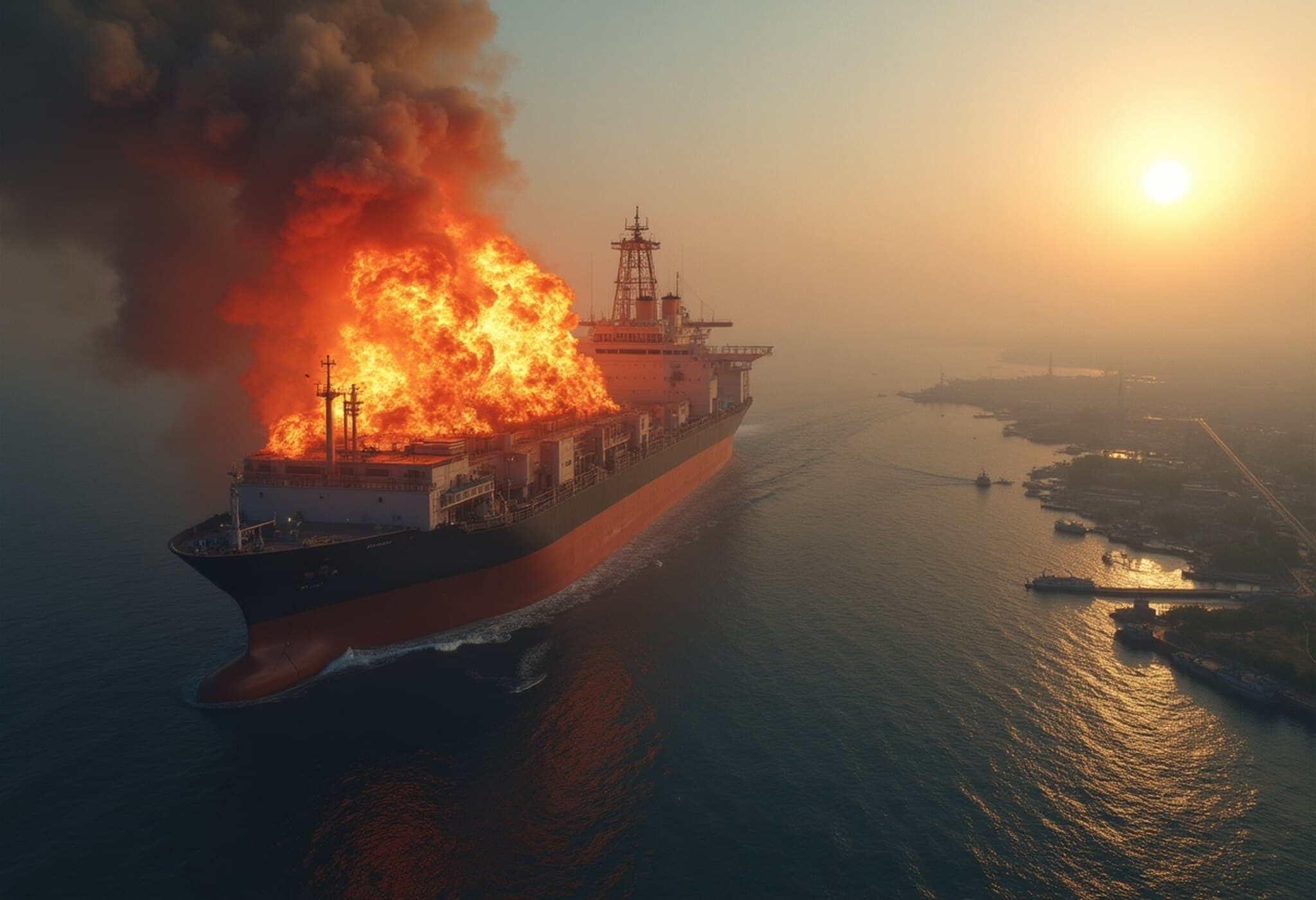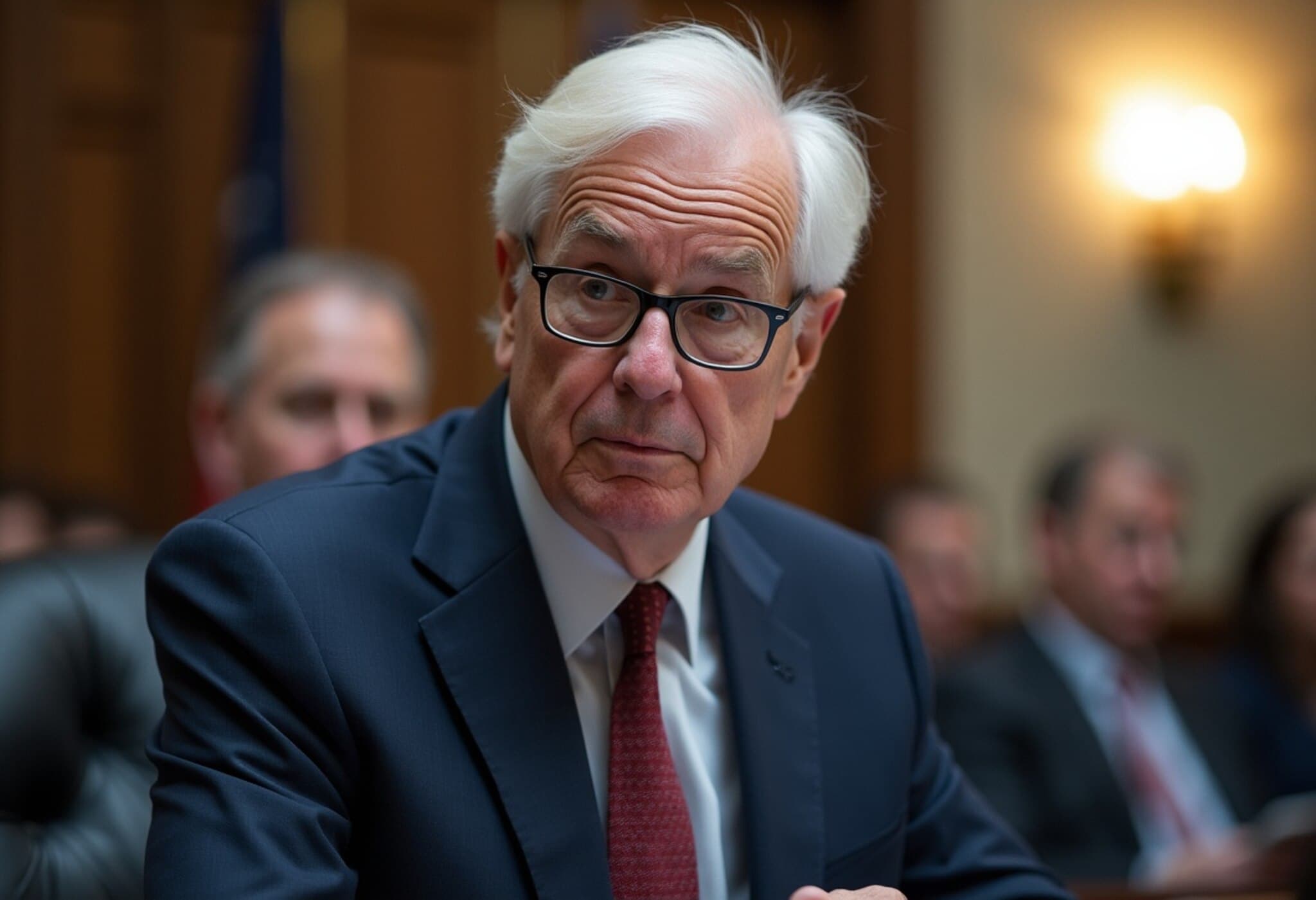The OPEC Seminar at Vienna’s Historic Hofburg Palace: A Meeting of Energy Titans
Over July 9-10, Vienna’s iconic Hofburg Palace—a symbol of imperial grandeur and centuries of European history—played host to a gathering unlike any other. The biennial OPEC Seminar brought together Saudi royalty, energy ministers, prominent CEOs, and market analysts in a high-profile convergence to discuss the future of oil markets, energy investment, and the global transition toward greener alternatives.
The Venue: Bridging History and Modern Energy Diplomacy
Since 1965, the Organization of the Petroleum Exporting Countries (OPEC) has anchored its Secretariat in Vienna, a city of diplomatic crossroads and cultural wealth. While routine OPEC meetings await intense negotiations over crude production, this year’s seminar elevated the stage: the Hofburg Palace’s lavish ballrooms transformed into cutting-edge conference halls, flaunting giant screens showcasing OPEC’s cinematic history in oil.
Saudi Arabia’s Energy Minister Abdulaziz bin Salman—widely viewed as the face of OPEC’s strategy—welcomed attendees with warmth and candor, praising Austria’s hospitality and its role in supporting OPEC’s vital functions without geopolitical distractions. His statements underscored the delicate balancing act OPEC must perform amid shifting political and economic landscapes.
Voices Beyond the Palace: Protests and Political Undercurrents
The serene charm of the Hofburg faced an unexpected challenge. Just outside, about 30 protesters gathered, wielding megaphones and chants that echoed across the palace frontage. Their rally expressed solidarity with Gaza amid escalating conflict, urging OPEC nations—many rich in oil reserves and geopolitical clout—to take stronger stances against Israeli military actions.
The protest highlighted a critical but often overlooked dimension of OPEC’s influence: beyond balancing markets, member states wield considerable power in shaping geopolitical outcomes. Activists called for an oil embargo and blockade of the Strait of Hormuz, evoking regional tensions intensified after Tehran’s recent flare-up with Israel.
This moment brought into sharp relief the enduring question: can OPEC continue to spearhead energy policies divorced from their broader geopolitical impacts? And how might such activism pressure oil exporters to recalibrate their strategies amid global conflicts?
Who Was There—and Who Was Not: Decoding Attendance in a Sanctioned World
The seminar’s guest list read like a who’s who of global energy leadership: ministers from OPEC countries, representatives from allied producers, and CEOs from industry giants including Saudi Aramco. Notably absent were Russian and Iranian ministers, two heavyweight producers whose presence is fraught with diplomatic constraints due to ongoing sanctions.
Nevertheless, Iran’s Oil Minister Mohsen Paknejad addressed attendees via videoconference, warning of the volatility armed conflicts impose on crude markets. Speaking not just as a producer, but as a stakeholder in regional peace, Paknejad’s remarks served as a reminder that oil supply stability is intertwined with diplomacy efforts—and that conflict in the Middle East continues to cast a long shadow over global energy security.
Behind the Scenes: Journalistic Dynamics at the Seminar
For energy journalists, the event was a rare opportunity to reconnect face-to-face after years dominated by virtual meetings and restricted press briefings. The robust media presence and red carpet reception facilitated candid discussions that are increasingly elusive in the age of private video calls among OPEC+ participants.
Yet this openness also underscores a broader shift in how global energy policy is communicated: away from tightly controlled statements toward nuanced dialogue that acknowledges both market realities and the challenges of navigating sustainability and geopolitical complexity simultaneously.
Looking Ahead: What This Seminar Signals for Global Energy Markets
- Energy Transition vs. Fossil Fuel Dependence: The conference highlighted the tension between the urgent need for green investment and OPEC’s foundational role in oil production, posing questions about how producers can responsibly manage this balancing act.
- Geopolitical Risks in Focus: The persistent conflicts surrounding oil-producing regions emphasize the fragility of supply chains and the critical need for diplomacy to secure energy markets.
- Market Adaptations Post-Cuts: With OPEC+ members gradually easing voluntary production cuts, market watchers will scrutinize the impact on prices and strategic reserves.
As we approach the next OPEC+ policy meeting in early August, analysts and stakeholders alike will be watching whether the themes of cooperation, conflict, and transition discussed at Hofburg translate into concrete actions that stabilize energy markets and advance a just transition.
The 2025 OPEC Seminar’s mix of tradition and innovation captured a pivotal moment in global energy discourse. Yet it also exposed the complexities where diplomacy, market dynamics, and activism intersect. Readers should watch for how OPEC’s strategies evolve amid mounting pressure—from environmental imperatives to geopolitical protest—and consider how these developments might shape energy security, pricing, and international relations in the years ahead.

